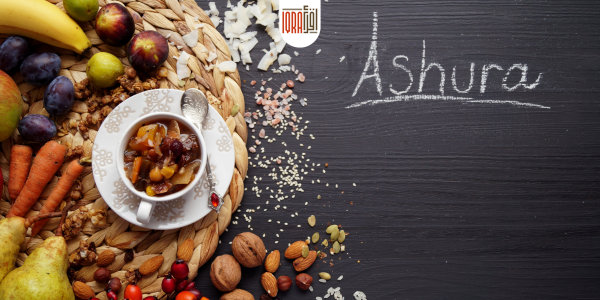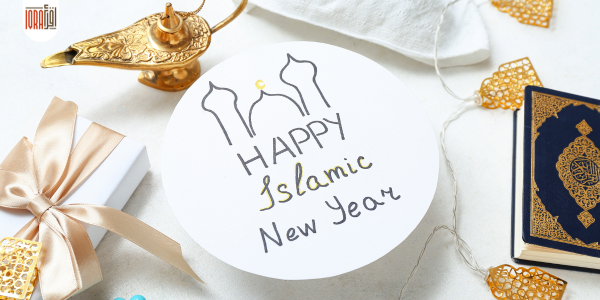Losing a loved one plunges us into a sea of grief and reflection. In these moments, our faith offers a beacon of hope and solace through the practice of making duas (supplications) for the deceased. These supplications, drawn from the Quran and Sunnah, not only provide comfort to the bereaved but also benefit the departed soul in their journey beyond. Let’s explore 10 significant duas for the deceased, ensuring our prayers align with the teachings of Islam, and remember to incorporate these practices into our daily lives.
1. Dua for Mercy and Forgiveness
One of the most powerful duas from the Quran that we can make for the deceased is asking Allah for mercy and forgiveness for them.
The dua
- English : “O Allah, forgive him and have mercy on him.”
- Arabic : “اللهم اغفر له وارحمه”
It is a plea for Allah’s boundless mercy and forgiveness, acknowledging that Allah is the Most Merciful and forgiving.
2. Dua for a Peaceful Resting Place
The Prophet Muhammad (PBUH) taught us to pray for the deceased’s resting place to be a source of peace and light.
The dua,
- English : “O Allah, make his grave a garden from the gardens of Paradise.”
- Arabic : “اللهم اجعل قبره روضة من رياض الجنة”
It seeks comfort and a pleasant abode in the hereafter for the deceased.
3. Dua for Protection from the Trial of the Grave
The trial of the grave is a test for every soul. A prophetic dua to protect the deceased from this trial is
- English : “O Allah, protect him from the trial of the grave.”
- Arabic : “اللهم قه فتنة القبر”
This supplication asks Allah to guard the deceased against the challenges they may face after death.
4. Dua for Entry into Paradise
As Muslims, our ultimate goal is to enter Paradise.
The dua
- English : “O Allah, enter him into Paradise.”
- Arabic : “اللهم أدخله الجنة”
It is a direct plea to Allah to grant the deceased admission into Paradise, reflecting our belief in the hereafter and the mercy of Allah.
5. Dua for Expanding the Grave
A comforting dua from the Sunnah is for the expansion of the grave, offering the deceased more space and light.
The dua,
- English : “O Allah, expand his grave and fill it with light.”
- Arabic : “اللهم وسع قبره وأدخله نوراً”
It seeks to bring ease and light to the deceased’s resting place.
6. Dua for Being Joined with the Righteous
In Islam, we strive to be among the righteous in this life and the next.
- English: “O Allah, join him with the righteous.”
- Arabic: “اللهم ألحقه بالصالحين”
It is a prayer that the deceased be in the company of the prophets, martyrs, and righteous in the hereafter.
7. Dua for Patience for the Bereaved
While we pray for the deceased, we also seek comfort for ourselves.
- English: “O Allah, grant me patience over my loss.”
- Arabic: “اللهم آجرني في مصيبتي”
It helps the bereaved find strength and patience through their faith.
8. Dua for Good Replacement
For those left behind, the Prophet Muhammad (PBUH) taught us to ask for a good replacement in our loss, whether it be in faith, love, or companionship.
- English: “O Allah, replace our loss with something better.”
- Arabic : This dua is more of a paraphrased supplication based on the concept of asking for a good replacement.
It is a supplication for positive outcomes following our grief.
9. Dua for Acceptance of Good Deeds
Praying for the acceptance of the deceased’s good deeds is crucial.
- English : “O Allah, accept his good deeds.”
- Arabic : “اللهم تقبل منه الصالحات”
It is a prayer that Allah accepts all the good deeds performed by the deceased during their lifetime.
10. Dua for Protection Against Punishment
Lastly, we ask Allah to protect the deceased from punishment in the hereafter through the dua
- English : “O Allah, accept his good deeds.”
- Arabic : “اللهم تقبل منه الصالحات”
This supplication is a plea for mercy and protection from the wrath of Allah.
Calls to Action:
- To deepen your understanding of the power of dua and the practices surrounding death in Islam, sign up to our comprehensive program here.
- Explore our Fiqh course to gain more insights into Islamic jurisprudence, including matters of life, death, and the hereafter.
Incorporating these duas into our lives not only benefits the deceased but also strengthens our connection to our faith and the hereafter. It’s a profound way to remember and support our loved ones even after they have left this worldly life. For further reading and to ensure the authenticity of these duas, refer to reputable sources such as IslamQA.info and Al-Islam.org.
Remember, the act of making dua is among the most significant gifts we can offer to the deceased. It reflects our love, hope, and faith in the mercy of Allah. Let us keep our loved ones in our prayers and strive towards acts that will bring us closer to Allah and to a reunion with our loved ones in the highest levels of Paradise.
Transitioning through grief requires patience, faith, and the support of our community. By making these duas and engaging with our faith, we find a path through our sorrow, guided by the light of the Quran and the Sunnah.





0 Comments
Oops comments are disabled